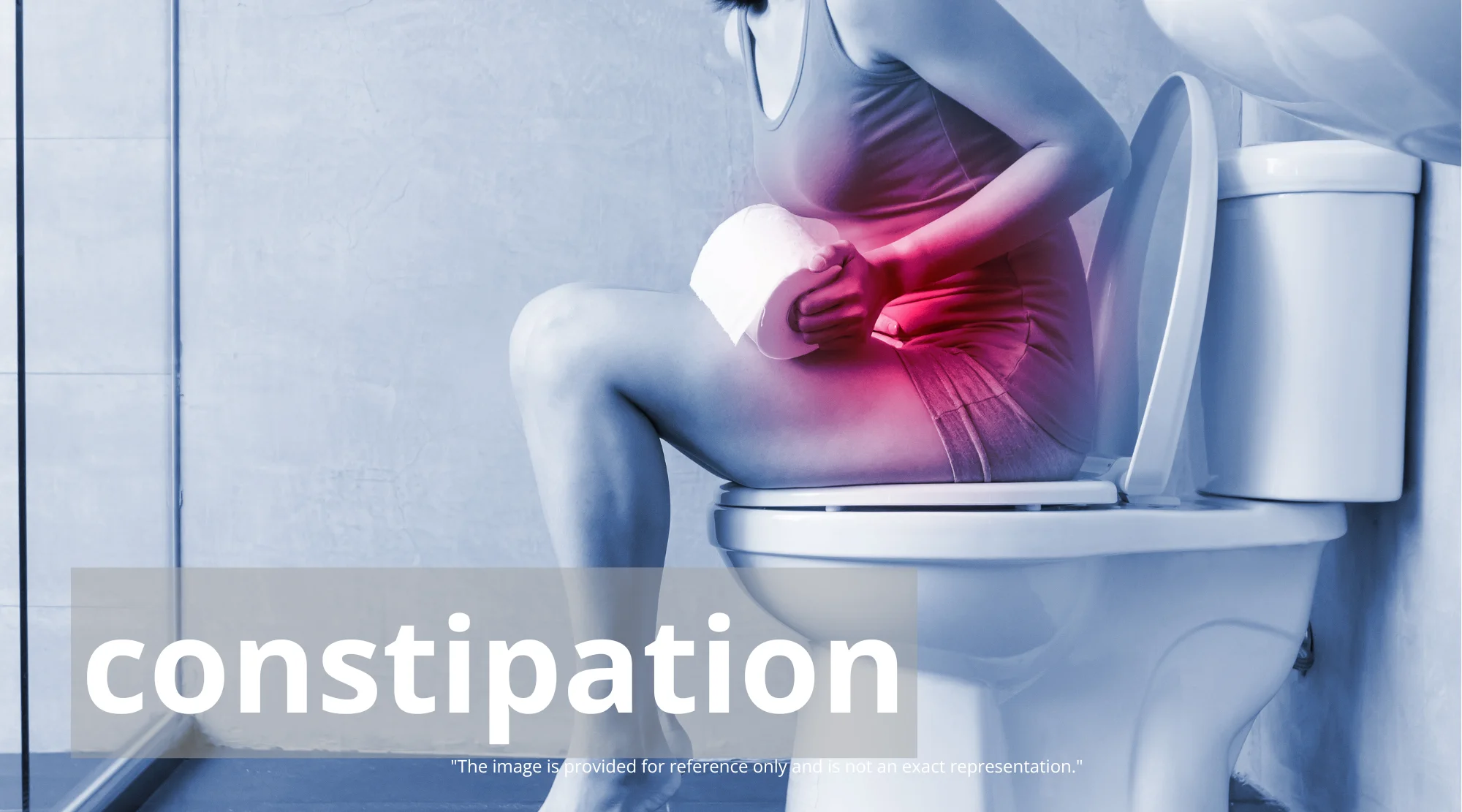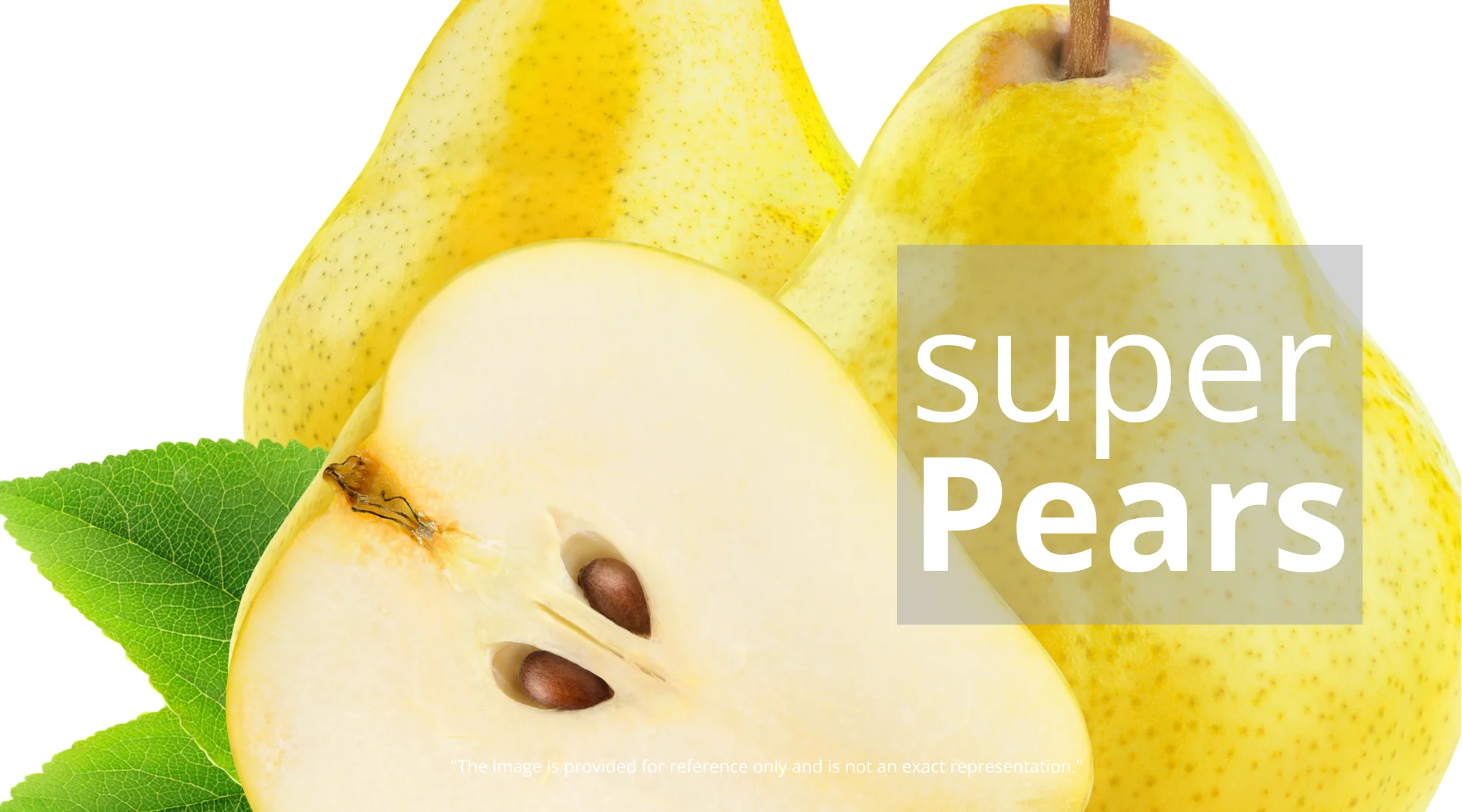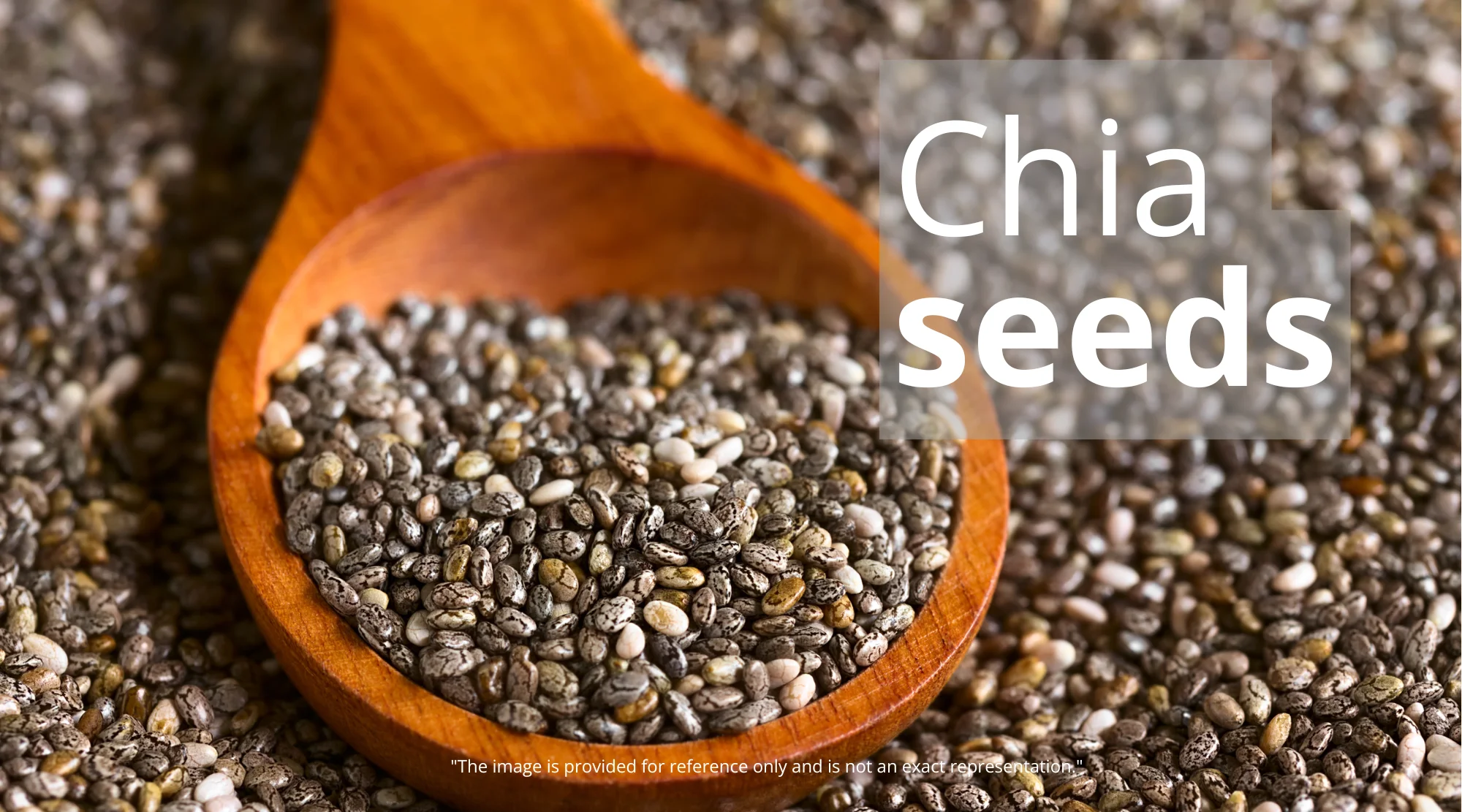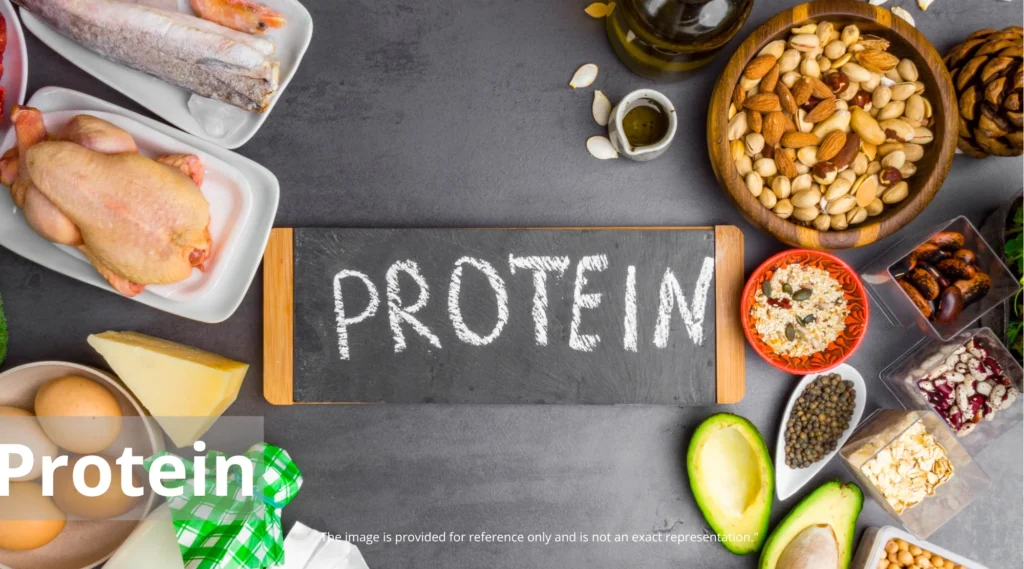Feeling backed up? Chronic constipation can significantly impact your daily life, affecting your energy levels, mood, and overall well-being. The good news is that dietary changes can often provide relief. Recent guidelines highlight specific foods that can promote regularity and ease your digestive discomfort. This article will delve into the best foods to relieve chronic constipation, providing you with a practical guide to improve your gut health and find lasting relief.
The Power of Diet for Constipation Relief
Constipation is a common condition characterized by infrequent bowel movements and difficulty passing stools. While various factors can contribute to constipation, including dehydration, lack of exercise, and certain medications, diet plays a pivotal role. By incorporating specific foods into your daily meals, you can naturally stimulate bowel movements and improve digestive function. Eating more fiber, which is available in many of the recommended foods, can drastically improve gut health.

Kiwi: A Sweet Solution
Kiwis are a surprising but effective remedy for constipation. Research suggests that eating two kiwis daily can significantly improve bowel movement frequency and consistency. Kiwis contain actinidin, an enzyme that aids protein digestion, and are also a good source of fiber and water, all of which contribute to improved gut motility. This makes them a powerhouse food for improving digestion.
The Importance of Hydration: Mineral Water and Beyond
Dehydration is a major contributor to constipation, as water helps to soften stools and facilitate their passage through the digestive tract. Mineral water, in particular, may offer additional benefits due to its magnesium content, which can act as a natural laxative. Aim to drink plenty of water throughout the day and consider incorporating other hydrating fluids like herbal teas and clear broths.
Fiber-Rich Fruits and Vegetables
Fruits and vegetables are packed with fiber, an essential nutrient for promoting regular bowel movements. Some of the best choices include:
- Pears: These contain high levels of fiber and are easily digestible. Read more about the benefits of Pears and their fiber content.
- Apples: Another excellent source of fiber, particularly pectin, which can help to soften stools.
- Berries: Rich in fiber and antioxidants, berries support overall gut health.
- Leafy Greens: Spinach, kale, and other leafy greens provide fiber and essential vitamins.
- Broccoli: This cruciferous vegetable is a good source of fiber and can help to stimulate bowel movements.
Whole Grains: A Cornerstone of Regularity
Whole grains, such as oats, brown rice, and whole-wheat bread, are excellent sources of insoluble fiber. Insoluble fiber adds bulk to the stool, making it easier to pass. Aim to replace refined grains with whole grains in your diet to improve your digestive health. Start your day right by choosing the #1 Healthiest Breakfast that is rich in whole grains.
Legumes: Protein and Fiber Powerhouse
Beans, lentils, and other legumes are packed with both protein and fiber. They help to regulate bowel movements and provide a sustained source of energy. Incorporate legumes into soups, salads, and stews to boost your fiber intake.
Probiotic-Rich Foods
Probiotics are beneficial bacteria that live in your gut and play a crucial role in digestion. Foods like yogurt, kefir, and sauerkraut contain probiotics that can help to improve gut health and alleviate constipation. Look for options with live and active cultures to maximize the benefits.
Healthy Fats
Including healthy fats in your diet, such as those found in avocados, nuts, and seeds, can help to lubricate the digestive tract and facilitate the passage of stools. These fats also support overall gut health and nutrient absorption. Considering adding Chia Seeds to your diet, as it can help transform your gut and heart health.
Other Considerations: What About Prunes and Bran?
While traditionally recommended, prunes and bran didn’t make the new guidelines’ list of top foods for constipation relief. This doesn’t mean they’re ineffective for everyone, but it highlights the importance of individual responses to different foods. Some individuals may find prunes and bran helpful, while others may experience bloating or discomfort.
Lifestyle Changes for Optimal Gut Health
In addition to dietary changes, certain lifestyle adjustments can further support digestive health. Regular exercise helps to stimulate bowel movements, and managing stress can also positively impact gut function. Aim for at least 30 minutes of moderate-intensity exercise most days of the week and incorporate stress-reducing activities like yoga or meditation into your routine.
Chronic constipation can be a frustrating and uncomfortable condition, but dietary changes can make a significant difference. By incorporating the best foods to relieve chronic constipation, such as kiwis, fiber-rich fruits and vegetables, whole grains, legumes, probiotic-rich foods, and healthy fats, you can promote regularity and improve your overall digestive health. Remember to stay hydrated, exercise regularly, and manage stress to support optimal gut function. If constipation persists despite these measures, consult with a healthcare professional to rule out any underlying medical conditions. For more information on other health-related topics, check out our articles on Anti-Inflammatory Diets, Muscle Power, and Fiber Intake.














Post Comment